The UK appears to be failing in its approach to road safety, with provisional data suggesting there were more road deaths in 2019 than in 2010.
The Baltic States, together with Greece and Portugal, were the best performing countries in the EU according to a new report published today by the European Transport Safety Council (ETSC).
The new analysis shows that two of Europe’s traditional leaders on road safety: the UK and the Netherlands, while remaining relatively safe when compared on road mortality, had more road deaths in 2019 than in 2010.
In the UK, there were 1,905 road deaths in 2010; provisional figures suggest there were 1,926 deaths in 2019.
France, Sweden and Germany have also shown disappointing progress over the last nine years with only modest reductions in deaths.
Bulgaria and Romania remain Europe’s worst performers in terms of road mortality and have also made below-average reductions in recent years.
Estonia will be awarded this year’s ETSC Road Safety Performance Index (PIN) after significantly improving road mortality (road deaths per million inhabitants).
The EU, and its Member States, agreed a target to cut road deaths by half in the decade to 2020. However, with one year left until full data for 2020 are available, that target will almost certainly be missed, says ETSC.
That is likely to be the case even taking account of the significant drop in road deaths that have occurred in several countries in recent months as a result of Covid-19 lockdown policies.
Antonio Avenoso, Executive Director of the European Transport Safety Council, said: “While progress across Europe has disappointed over the last nine years, some countries have been quietly undergoing a road safety revolution. We’re delighted to award Estonia this year for its remarkable progress, following Ireland’s win in 2019.
“Overall, EU Member States will need to step up a gear to hit the new targets for 2030. But the recent response to the Covid-19 epidemic may signal a way forward.
“A dramatic shift to walking and cycling in urban areas, combined with infrastructure changes and lower speed limits, could have a massive impact on road death and injury.”
However, Avenoso added: “If we just revert to business-as-usual after this crisis, the results could be even worse than before.
“There are danger signs already in the large numbers of speeding offences being reported as lockdowns are lifted, which only adds to the work of overstretched police and emergency services.”
Road safety in the EU is likely to see a boost over the next decade thanks to new legislation on minimum vehicle and infrastructure safety standards agreed last year.
But much will depend on the detailed technical standards for the new laws, which are currently being worked out.
ETSC is particularly concerned about the requirements for Intelligent Speed Assistance (ISA) technology for new cars, and “direct vision” standards (to improve visibility around the vehicle for drivers) for new Heavy Goods Vehicles, which both risk being watered down following motor industry pressure.
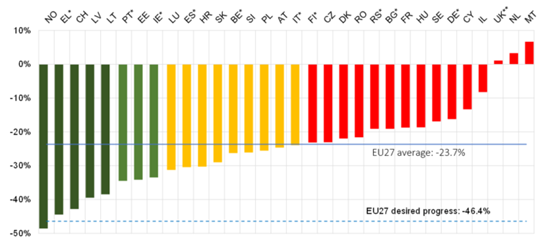 Relative change in road deaths between 2010 and 2019: *National provisional estimates used for 2019, as final figures for 2019 are not yet available at the time of going to print. **UK data for 2019 are the provisional total for Great Britain for the year ending June 2019 combined with the total for Northern Ireland for the calendar year 2019.
Relative change in road deaths between 2010 and 2019: *National provisional estimates used for 2019, as final figures for 2019 are not yet available at the time of going to print. **UK data for 2019 are the provisional total for Great Britain for the year ending June 2019 combined with the total for Northern Ireland for the calendar year 2019.
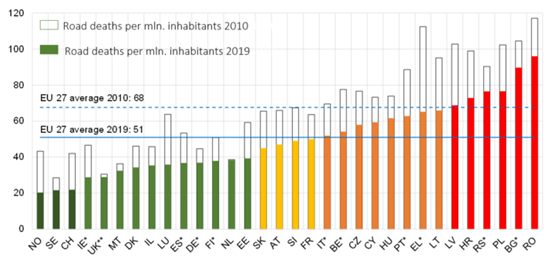 Road mortality (road deaths per million inhabitants) in 2019 (with mortality in 2010 for comparison): *National provisional estimates used for 2019, as final figures for 2019 are not yet available at the time of going to print. **UK data for 2019 are the provisional total for Great Britain for the year ending June 2019 combined with the total for Northern Ireland for the calendar year 2019.
Road mortality (road deaths per million inhabitants) in 2019 (with mortality in 2010 for comparison): *National provisional estimates used for 2019, as final figures for 2019 are not yet available at the time of going to print. **UK data for 2019 are the provisional total for Great Britain for the year ending June 2019 combined with the total for Northern Ireland for the calendar year 2019.



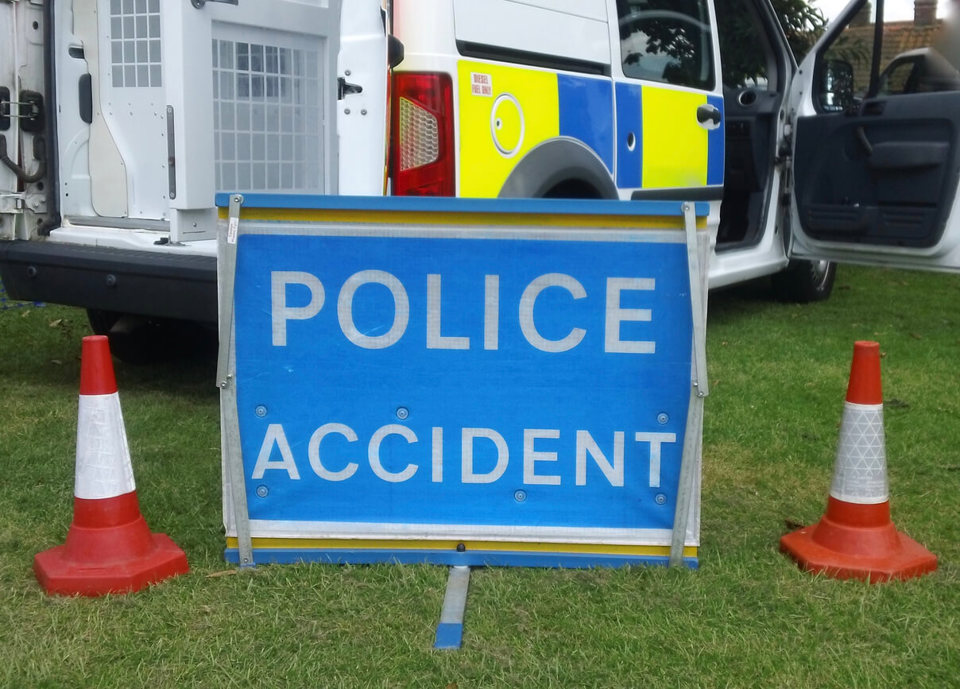

















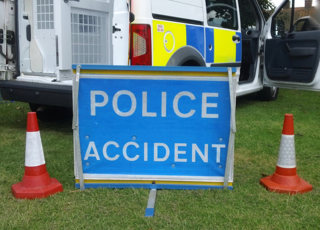
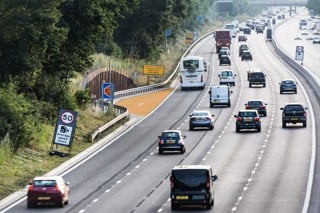
Edward Handley - 17/06/2020 12:23
For a long time the UK was a world leader in road safety and it is sad to see we are dropping down the rankings because what these figures reveal is a large number of unnecessary and preventable deaths and injuries. If the rate or reduction in road deaths from 2000 to 2010 had been maintained from 2010 to 2020 perhaps 3000 lives would have been saved in the UK. There is never a single cause but two things really do stick out - the Government abandoning the road safety target which allowed the Authorities to take their collective eye off the ball, and the cut backs in road policing. Given that each road death costs the country around £2 million, X 3000 deaths, and any kind of cost benefit analysis would suggest that the "savings" made by cutting back on road policing were a bad mistake. The population of the country increased significantly, many more vehicles on the roads including more foreign registered vehicles, economic activity increased meaning vehicle mileages went up and the Government decided to save money by reducing road policing.